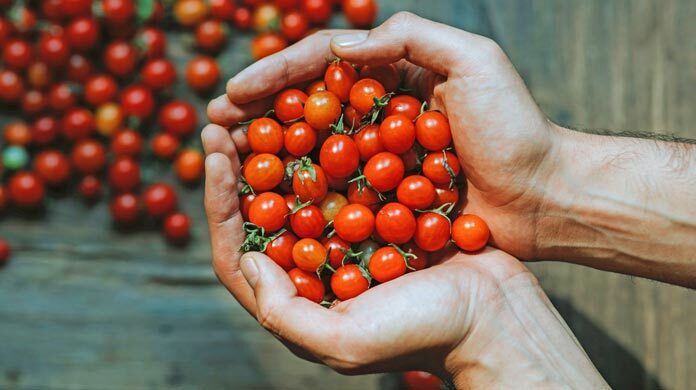
Article contributed by Lucy Wyndham
With approximately 75% of millennials altering their spending habits to prioritize the environment, sustainability is on trend in the restaurant industry.
The growth of the farm to table movement demonstrates a shift towards sustainability in restaurant culture, but what should a restaurant prioritize in order to speak to a market increasingly concerned about ethical food sourcing and production? Let’s review the essential changes that can be made today for a greener tomorrow.
Sourcing Ingredients
In order to become a sustainable establishment, a restaurant needs to address the foundation of its menu: the ingredients. A sustainable restaurant will source as much produce as possible from local growers who themselves have sustainability at the forefront of their business plan. These farmers will grow organically where possible, and employ responsible and sustainable farming techniques. Of course, not every ingredient can be grown locally, and for food that must be imported, businesses should be aware of the air miles involved and consider the ethical value of fair trade items like coffee and chocolate.
True sustainability considers the human involvement at every step of the food production process, as well as its environmental impact. However, it’s also important to consider what food must be imported. If fresh produce is not in season locally, adapting the menu seasonally is a better policy than ordering ingredients from other countries. Diners who are concerned about their carbon footprint are more likely to welcome a changing menu than lament the absence of a particular vegetable, and the restaurant stands to gain from a fresh, rotating menu that simultaneously keeps production costs down.
Plant Based Options
The consumer’s desire for more plant-based options on the menu isn’t a phase, but a trend driven by an increased awareness of sustainability. Even when adopting a vegan menu doesn’t make sense within your restaurant’s niche, ensuring that your menu has a selection of plant-based options increases your sustainability as an establishment, and caters to diners who wish to avoid animal products. A reduction in reliance on animal products is an important element in reducing carbon emissions, so even making a few small changes to your menu to accommodate this is an ethical choice. Particularly when these meals come from sustainable sources, the carbon footprint of the restaurant can be reduced significantly by adopting this strategy.
Reducing Waste
One of the most ethical decisions a restaurant can make is to commit to reducing waste. Practically, this may involve reducing your portion sizes when you notice that customers return their plates unfinished; encouraging customers to take home their leftovers; moving away from single-use plastic (keeping drinking straws only for those with disabilities, for example, or providing incentives for customers to bring reusable cups for takeaway drinks); composting food waste; recycling as much as possible; and managing stock stringently to avoid over-ordering. By reducing waste as much as possible, restaurants increase their sustainability and reduce their environmental impact.
As consumers become more environmentally conscious, it’s up to restaurants to keep working towards a greener tomorrow. Changes towards sustainability needn’t come all at once, but each small step has a significant impact on reducing the damage done to the environment. In a world where customers value sustainability, the benefit to business will be noticeable too.

























